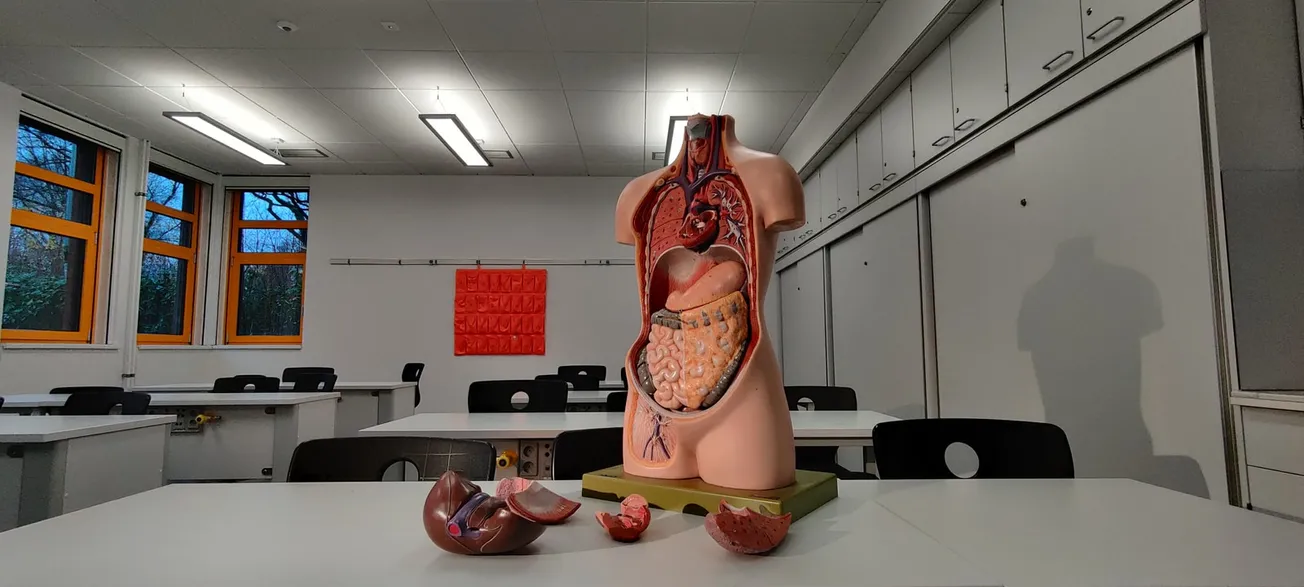Table of Contents
Michael Cook
mercatornet.com
Michael Cook is the editor of MercatorNet.
¡Ay, caramba! that didn’t take long, did it?
Spain legalised euthanasia on June 25 last year and already transplant surgeons are busy removing organs from euthanised patients. According to a report in the Spanish magazine Redaccíon Médica, seven patients donated their organs – even though the government has still not released national guidelines for such procedures.
Why the rush?
The head of Spain’s National Transplant Organization (ONT), Beatriz Domínguez-Gil, said that the ONT “intuited” [sic] that some euthanasia patients would like to donate their organs. It quickly drafted some guidelines for transplant coordinators so that euthanasia donation could be “normalised” throughout the country.
Every case has to be treated very delicately, says Sra Domínguez-Gil. If a euthanasia patient wants to donate, he has to do it in a hospital setting, and not at home.
She emphasized that the decision to donate and to provide aid in dying must be “independent”. “Totally independent professionals participate. The provision of aid in dying is channeled and then the donation is considered,” she says.
No official figures have been released, but the ABC, a national newspaper estimated that about 50 people had been euthanised in 2021. To have persuaded 7 out of those 50 to donate their organs – 14% — is an amazing achievement.
It’s probably based on two factors.
First, Spain has the most efficient organ donation system in the world. It has a presumed-consent model. Upon death, everyone is deemed a potential organ donor, unless he has opted out. In 2019, about 38 per million were deceased organ donors – roughly the same as the United States. But other countries were far behind – Australia, 18 per million; Belgium, 21 per million; Germany, 11 per million.
Second, Spanish transplant surgeons can draw on the experience of doctors in Belgium, the Netherlands, and Canada. Belgian specialists have been performing organ donation euthanasia since at least 2010.
It’s easy to predict where this will head in Spain and in every other country where euthanasia is legalised.
- Organ donation after euthanasia will be normalised. The next ethical frontier will be euthanasia through organ donation. This would yield organs which are even fresher and less likely to be rejected.
- Patients with neurodegenerative diseases like ALS or multiple sclerosis who express an interest in euthanasia will be targeted by the organ transplant authority. In general, they have the best organs. Most people who request euthanasia have cancer and often their organs are diseased.
- Patients who agree to organ donation after euthanasia will be feted as heroes in the media and by their doctors. As bioethcists argued in the Journal of Medical Ethics several years ago, “The patient could be very relieved discovering the existence of this option and receiving the possibility to give meaning to his or her own suffering, by potentially relieving the suffering of others.”
- You might remember the last words of Sydney Carton as he approached the guillotine in Charles Dickens’ novel A Tale of Two Cities. “It is a far, far better thing that I do, than I have ever done; it is a far, far better rest that I go to than I have ever known.” Some bioethicists believe that there are employment opportunities for many more Sydney Cartons. Not long ago, two Oxford University bioethicists wrote in the blog of the Journal of Medical Ethics: “there is a constant national emergency: we are all aging and slowly dying. There is a war against aging and death: we are fighting it with medicine. And people should be able sacrifice their interests or lives in this war.”
Did Spanish parliamentarians realise what would happen when they voted to legalise euthanasia?









